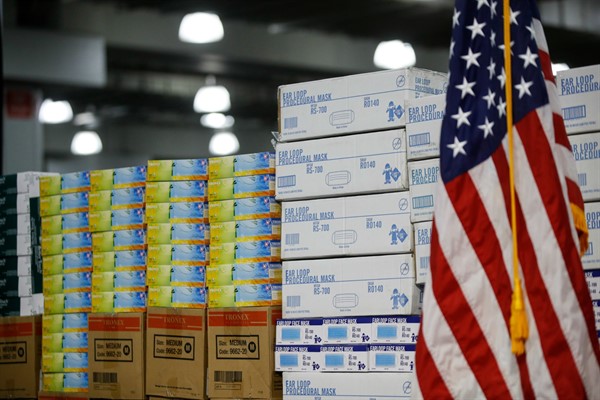As the coronavirus pandemic continues to spread, countries should be using every available tool to expand production of critical medical supplies and cooperating to avoid complete chaos. But instead, they are increasingly fighting over pieces of a too-small pie and going it alone. With dire, heartbreaking shortages of personal protective equipment for doctors and nurses and ventilators for the desperately ill, some governments have responded by restricting their exports. A few major grain exporters have begun restricting food exports. More inexplicably, some countries continue to collect duties on imports of essential medical supplies, though that is finally starting to change.
It doesn’t have to be this way. Early in the last global crisis, the Great Recession, the heads of state of the countries in the G-20, which had previously been a smaller summit of mostly finance ministers, met for the first time as a group to develop a cooperative response to stimulate the global economy, including pledging to avoid protectionist measures. This time around, the leaders of the G-20 had to meet virtually, given the restrictions in place to try to contain COVID-19, but they notably declined to condemn export restrictions, saying only that measures should be “targeted, proportionate, transparent, and temporary.”
Given the utter lack of leadership in the current crisis, it is not surprising that barriers to medical exports, and even some staple grains, are growing, complicating an effective pandemic response and putting countries that rely on imports in danger, particularly developing countries with weak health care systems. Having blown opportunities early on to build up the U.S. national stockpile of protective equipment and ventilators, President Donald Trump joined the global free-for-all in a big, and hugely disruptive, way last week by ordering restrictions on the export of vital N95 respirator masks.

